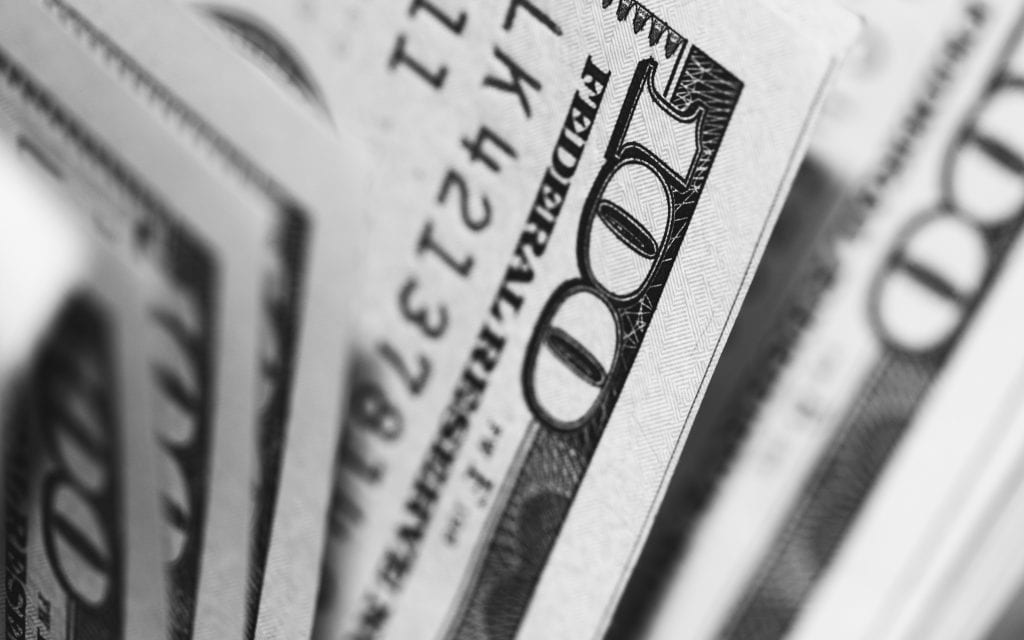Hungary uses the Forint (Ft, HUF), which has the following denominations: notes – 500Ft, 1,000Ft, 2,000Ft, 5,000Ft, 10,000Ft and 20,000Ft; coins – 5Ft, 10Ft, 20Ft, 50Ft and 100Ft. It will probably, as a result, be cheaper than most other places in the EU that use the Euro, but you’ll have to get over the initial heart attack at seeing (what appear to be) extremely expensive items on the menus!
Money Exchange in Budapest

The only official currency in Hungary is the Forint. Euros, or even Dollars or Sterling may be accepted by some.
There are plenty of places available for you to withdraw money and change your foreign money if you wish to do so, but you will find that you get a better rate at smaller exchange booths in the tourist areas or shopping malls around the city.
Avoid exchanging at the airport as you could pay a 10-15% commission here, and the rates are not as good as elsewhere in the city. The same goes for any banks around! Under no circumstances exchange your money with people who offer you a good deal on the streets – these ‘free-lancers’ are often guilty of giving the wrong amount either with fake notes or ‘padding’ to make a stack look substantial. Don’t be fooled, if a deal seems too good to be true; it probably is! Most places around Budapest will accept cards (Visa, Mastercard), especially for tourist activities, mall shopping and restaurants, but note that if you venture out of the city its best to have cash, as some smaller places may not accept card payments.
A good thing to note is that there is a tipping culture in Hungary and attendants at hotels, baths, gas stations and they will likely accept a small tip (usually around 100-200HUF) so again it is good to have cash on you. There is also a standard tip expected in restaurant dining of around 10 – 15% of the bill. Make sure that you inform your waiter of your tip and don’t just leave it on the table! This isn’t a good practice, and they will likely think you have forgotten your money if you don’t include it in your payment of the final bill. Note that not tipping shows dissatisfaction, so it is always advisable to do so unless you do have an issue!
Mobile Options for Travelers
If you’re looking to get a pre-pay mobile sim card in Hungary there are three service providers for you to choose from;
- T Mobile
- Vodafone
- Telenor
In terms of plans and offers, you will find that each company will offer a set amount to top-up which features special deals for users; features can range from extra text messaging, data or call time. If you are looking to make international calling, there is usually a good offer with Vodafone, however these are changeable, so you will need to check which one will suit your needs.
Getting a sim card is usually straightforward, and most stores in the centre deal with tourists regularly and therefore will have good English level among the staff. If you do buy a sim card, you will need to take a form of ID with you (if you are not of EU Nationality, this will need to be a passport) and fill out some paperwork.
Some larger companies’ stores, such as Media Market will sell all three service providers sim cards and will have competitive pricing on them, often better than can be found in the individuals stores.




